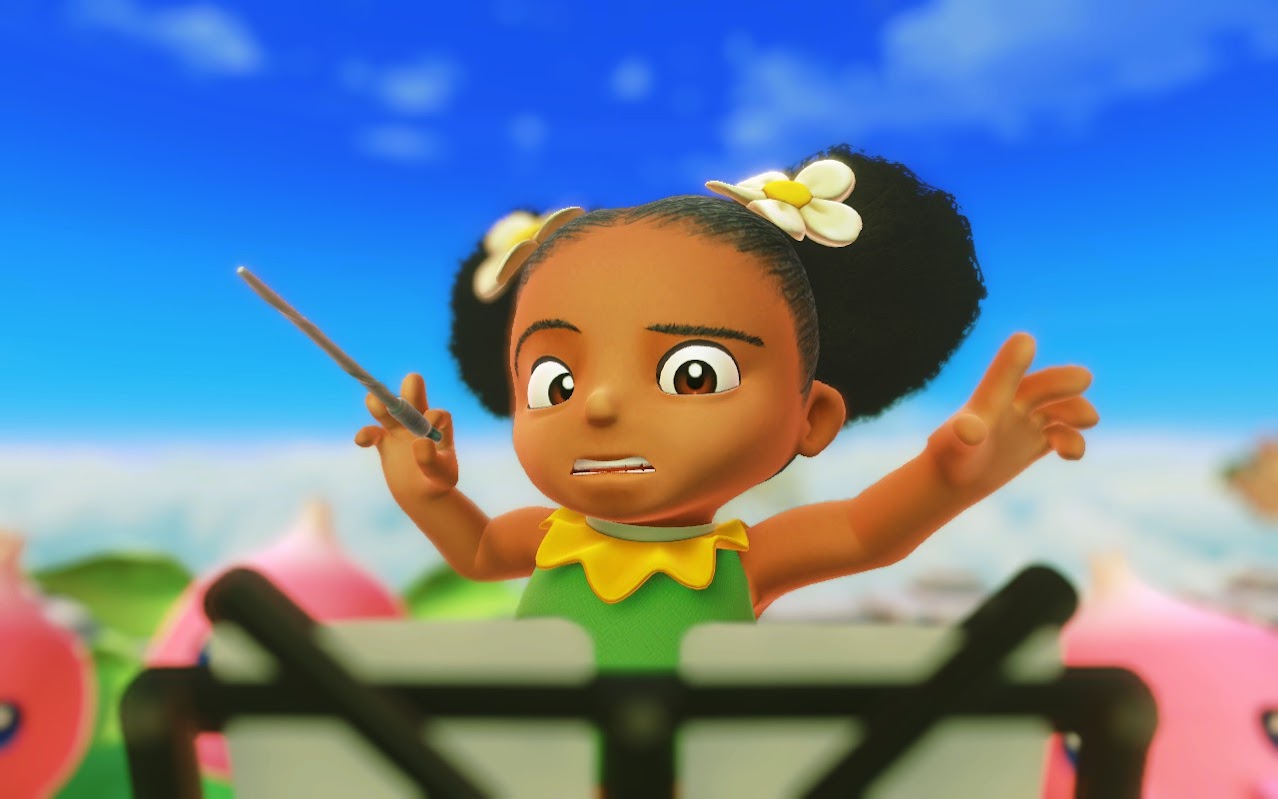It's been 10 years since Valve invented the battle pass and changed gaming forever
In just a decade, they've gone from a novel way to raise a tournament prize pool, to a defining business model of the games industry.
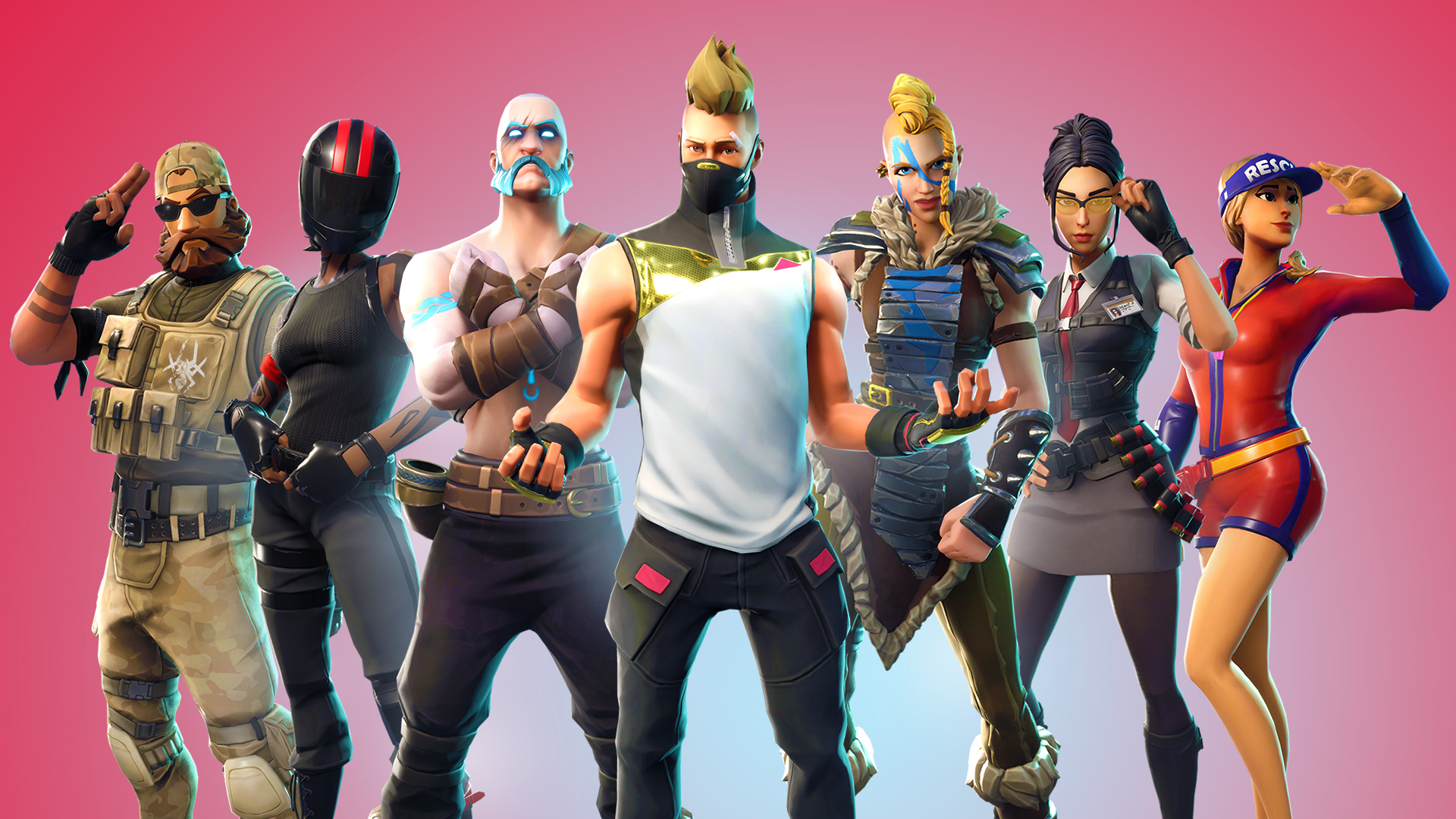
10 years ago, Valve invented the battle pass. The developer was looking for a way to boost the cash it was offering to pro players of its game Dota 2, and make some bank for itself in the process. Charging people to watch the tournaments wasn’t really viable after two years of giving it away for free, and putting ads around the broadcast or in-game would annoy a ton of people (and did nine years later). But then Valve had a brain wave: what if it sold a digital book and included some hats?
That may be an oversimplification of the process that went on at Valve all those years ago, but the result was The International 3 Compendium, a digital book inside of Dota 2 that fans could buy. It featured info about the tournament, and allowed fans to make predictions, play fantasy Dota (like fantasy football), and even vote on who would play in the all-star match. It also came bundled with some cosmetics such as a courier, taunts, and an XP boost. At the time, it seemed like a pretty good deal just for those items alone.
25% of all sales of the compendium would go to the prize pool of The International 3 tournament, with the other 75% going to Valve. Crucially, Valve announced that there would be stretch goals that ranged from more cosmetics to a 1v1 tournament being added to TI, if the total tournament prize pool hit a certain amount, initially starting out with three before expanding to seven, six of which were achieved. The prize pool for TI3 started at $1.6 million and ended at $2,874,380, an increase of $1,274,380 that pocketed Valve $3,823,140.
While at the time this was just seen as a cool way to boost the funds for the Dota 2 pro scene, history has credited the TI3 Compendium as the first major iteration of a battle pass, the system that you likely know and love (or loath) from hundreds of games available today. The book theme has long been replaced, even in Dota 2 where it originated, but the idea of paying for something that gives you the possibility of unlocking cosmetics if you pay or play enough is now commonplace in almost every multiplayer game.
The next year was when the Dota 2 compendium took a more recognisable form. As well as having rewards tied to how high the prize pool went, there were now levels that you unlocked by playing or paying. The TI4 compendium featured 1000 levels, with rewards that ranged from simply nothing for reaching a new level, to couriers, loot boxes with hats, and even custom visual effects for in-game items. The prize pool for TI4, which again started at $1.6 million, ended at a massive $10,923,977, netting Valve almost $28 million.
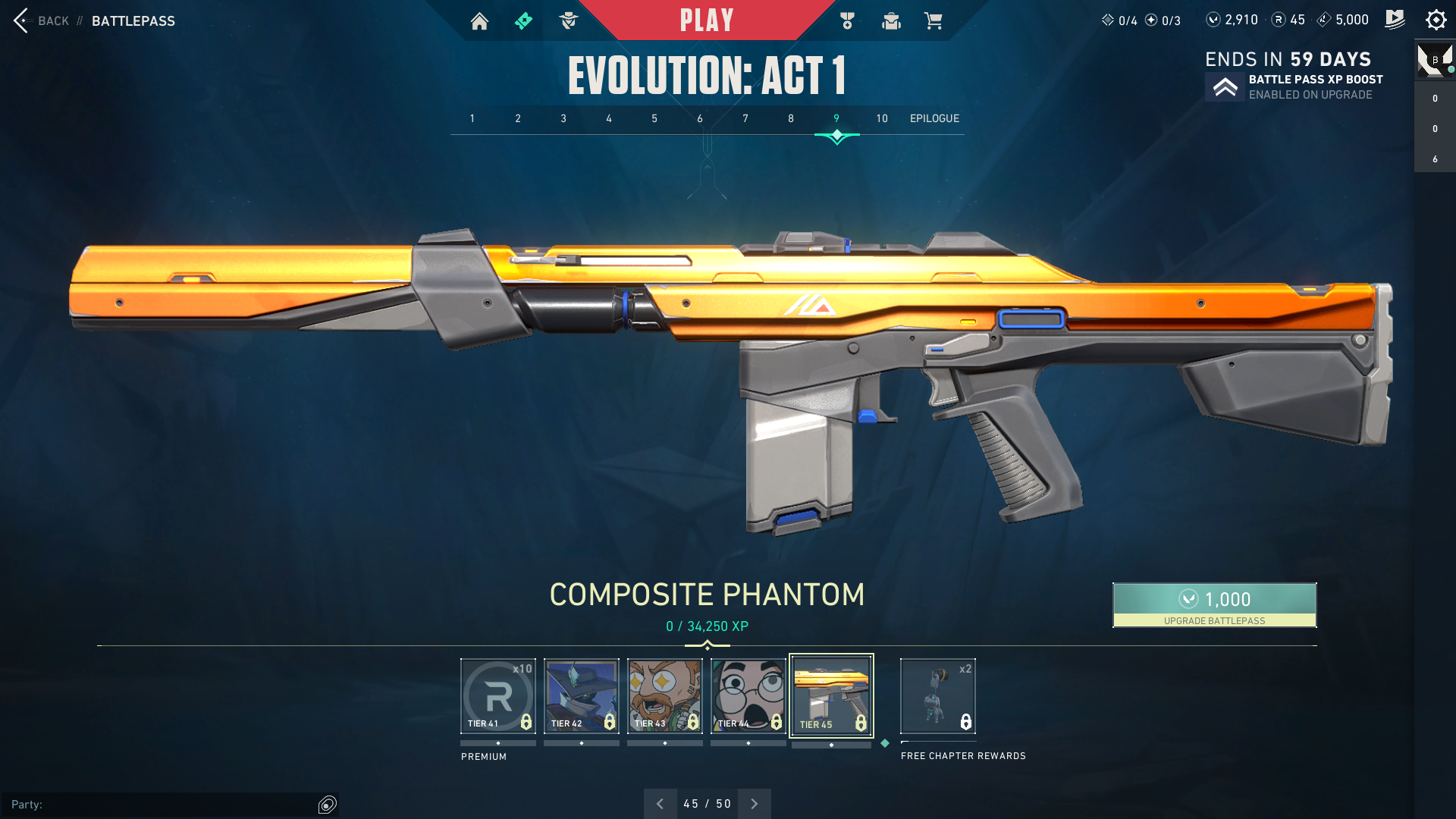
It's surprising that other developers didn't jump on the battle pass train sooner given the money Valve was publicly making.
At the time for Dota 2 fans, including myself, this was amazing. Grinding to unlock compendium levels (which back then were random drops after a match) added an extra meta game to Dota, and made playing even more rewarding. While it was effectively just a different take on the loot boxes Dota 2 already had, with the compendium there was a greater sense of having earned your new toys. Valve were definitely onto something, and I've spent far too much money on subsequent Dota 2 battle passes in the years since.
It’s surprising that other developers didn't jump on the battle pass train sooner given the money Valve was publicly making. Valve would try something similar with the Gun Mettle Campaign Pass in Team Fortress 2 in 2015, which did grant access to some new maps like a more traditional DLC, but also offered daily challenges that would grant cosmetics if you completed them. Some of the early CS:GO operations in 2014 and 2015 had some similarities with the compendiums, featuring a journal that detailed your in-game stats and offering loot boxes you could only unlock if you owned the Operation Pass, but didn’t really have many other similarities and never became fully fledged battle passes.
The biggest gaming news, reviews and hardware deals
Keep up to date with the most important stories and the best deals, as picked by the PC Gamer team.
2016 ushered in the official arrival of the battle pass under that name in Dota 2 (I think we can all agree "compendium" was cooler). It was essentially the same thing as previous years, just with more cosmetics and bonuses to unlock, but it set firmer expectations for what players could expect going forward. Since then it has just grown and grown, even adding brand new game modes that could have easily been sold as substantial DLC.
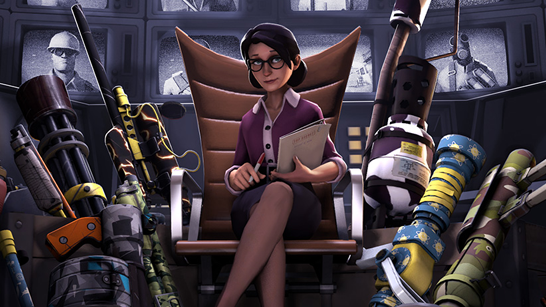
What happened next? Well, Fortnite came along and changed everything.
Some of the first developers to catch on that this model could be applied more widely were working in the Chinese mobile game industry. A report from mobile game stat tracking company Game Refinery references Goddess: Primal Chaos as one example, with a pass you purchased for real money that would reward you with in-game premium currency the more you levelled it up by playing. The idea that companies like this latched onto was that you could advertise a battle pass as a cheaper way to get premium currency and items, but demand an investment of time to get it all, keeping players hooked. The drawback that we still see today is that those with less time to put in get a lot less out for their money.
What happened next? Well, Fortnite came along and changed everything. As the battle royale sensation was slowly taking over the world, Epic's smash hit implemented its own battle pass with Season 2, which launched in December 2017. This was many people's first exposure to the idea, and it became an instant success, offering cosmetics and currency at each new tier much like Dota 2's battle pass, but with the added incentive that if you played enough to unlock everything, you'd gain enough V-Bucks to essentially get the next one free. Now that's a hook.
As Fornite grew into one of the biggest games in history, it kept expanding its battle pass offerings—and making more and more money off them. Soon, other publishers wanted in, and it wasn't long before the idea spread like wildfire. At first battle passes were mostly confined to live service games in a similar vein to Fortnite, but nowadays they're ubiquitous. Almost anything with some kind of online component will shoehorn them in, including such unlikely candidates as this year's Diablo IV.
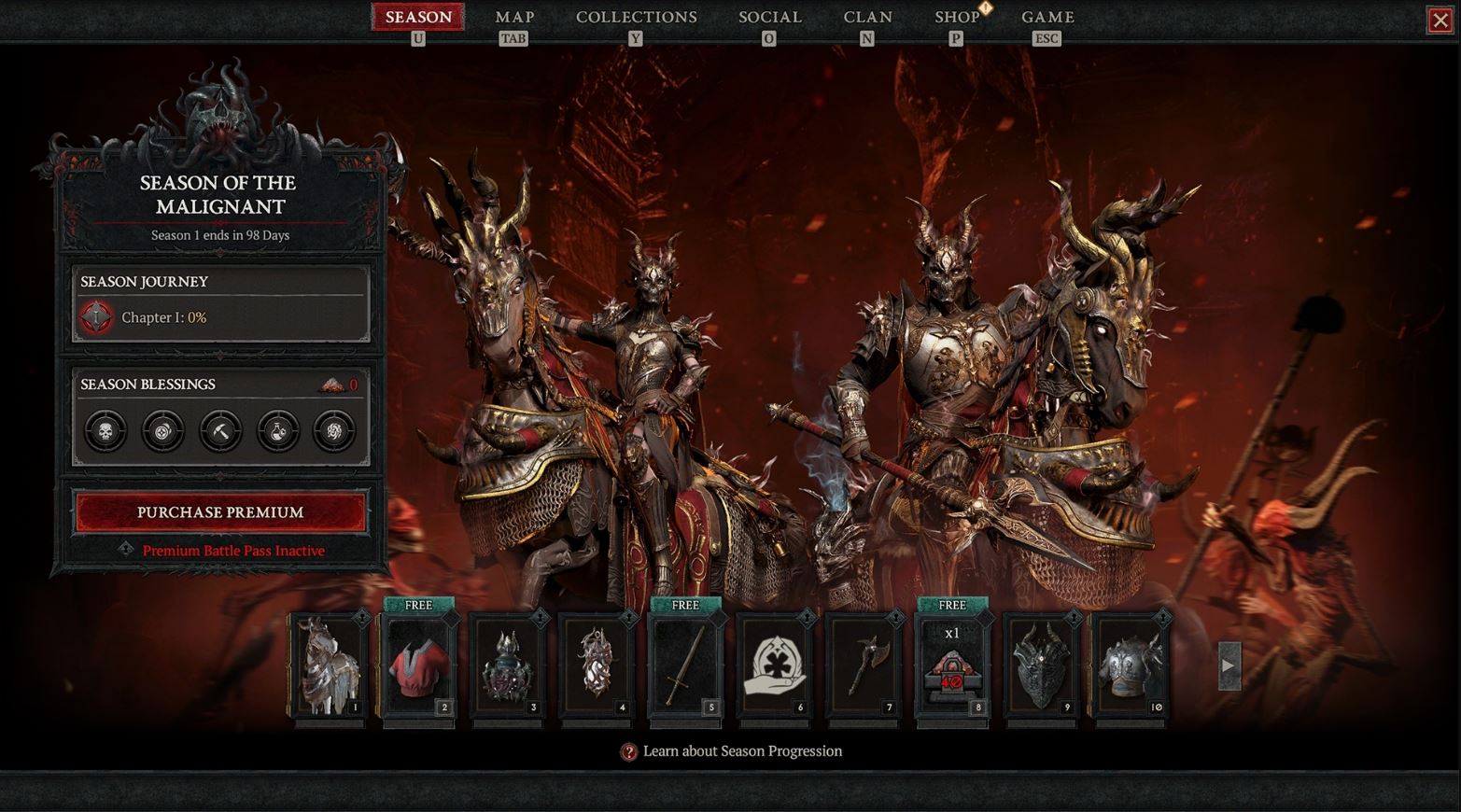
Done right, they can be financial juggernauts, with much less public pushback or legal concerns than the lootboxes that threatened to take over monetisation before them. They're not just profitable, they encourage greater commitment from players, helping to drive a greater and greater push towards all-consuming live service games from major publishers.
At their worst, battle passes feel frustrating and exploitative, with unreasonable demands on your time turning a game you otherwise like into a second job. But at their best, they can be a great addition—an extra layer of progression that's satisfying to work through and showers you with cosmetics at a discount price. Particularly in PvP games, they can provide you with a less skill-based way to feel progress in an often fiercely competitive environment. Loot boxes were easy to universally condemn, but battle passes are more nuanced—the formula has enjoyed such widespread popularity for more than just being profitable.
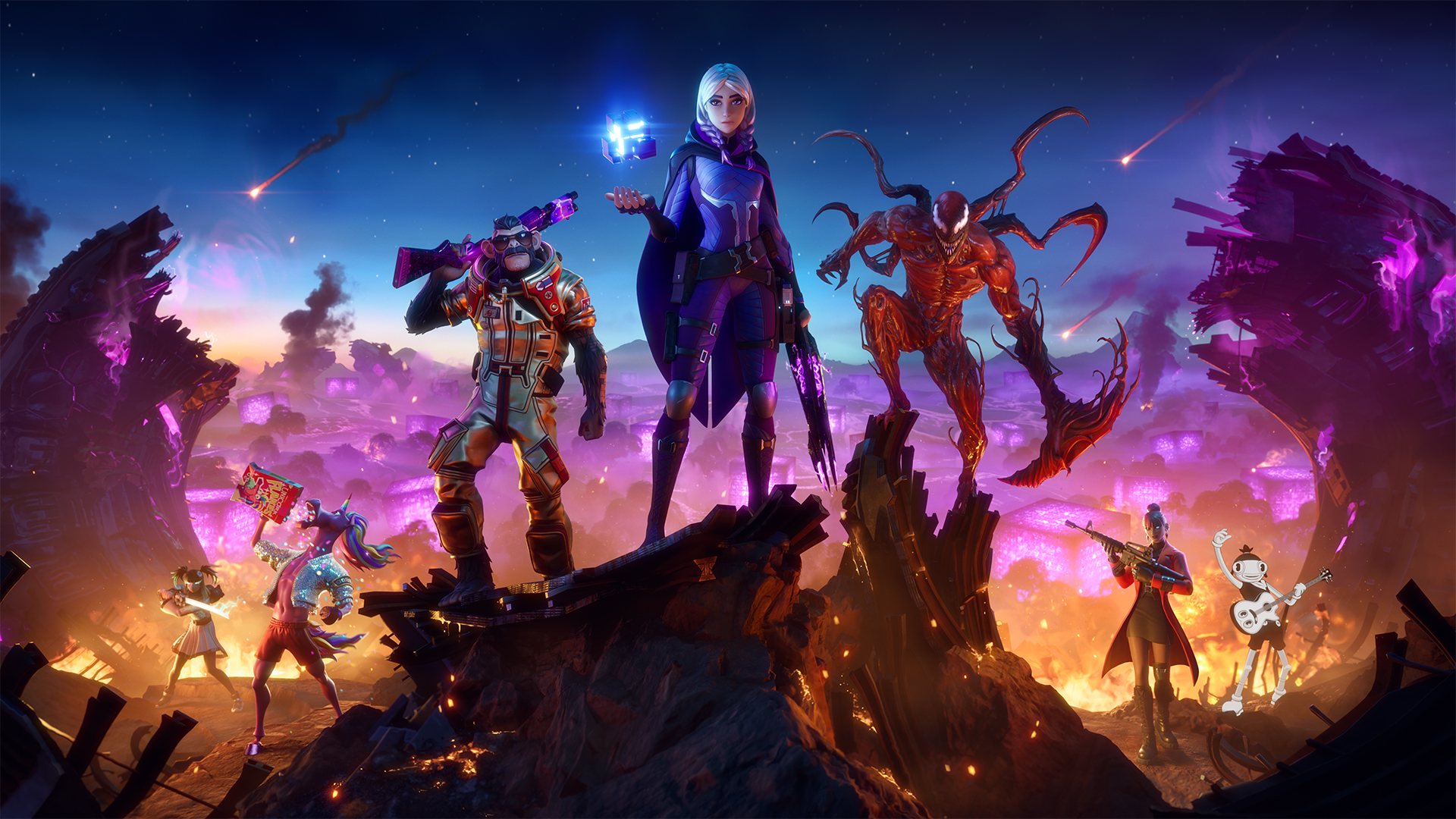
10 years on from first inventing the battle pass, Valve has decided to stop doing them in Dota 2 entirely. "Battle Pass season has grown to be a tremendously exciting time in Dota," the statement says. "But it leaves the rest of the year feeling barren by comparison." Valve explained that too much focus on the concept was sucking up resources that could be spent on more exciting and diverse updates throughout the year, and it's moving to change things going forward—even if it means the end of those record-breaking TI prize pools.
Is there a cautionary tale there for the many developers that have followed their lead over the last decade, or is this just the progression of a game reaching the end of its lifespan? If there is a lesson in it, it's one that's not likely to be heeded for a long time to come. Whether you like them or loathe them, battle passes are here to stay as long as they remain so powerfully effective—or until someone invents an even better hook for keeping us logging in daily and reaching for our wallets.

